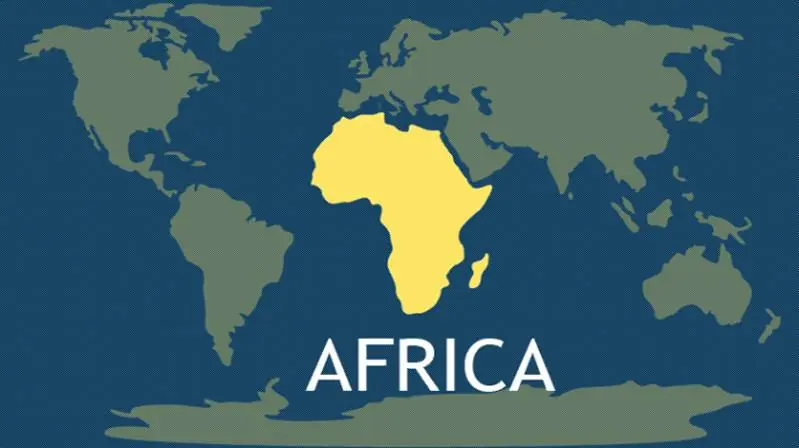Why Africa must decolonize its educational system – Prof Falola
Africa must decolonize its educational systems because what it inherited from colonial masters was not orchestrated for enlightenment and advancement or benefit of the colonies, but to achieve colonial masters’ economic and governance ambitions and aspirations. This was the submission of Prof. Toyin Falola, a Professor of History at the University of Texas in Austin, United States, while delivering the 54th convocation lecture at the University of Lagos. The lecture was titled: “Decolonising African Higher Education for Transformational Development. “
He noted that even after political independence, African education was still designed to perpetuate and advance the economic and political objectives of European countries, using the elites to facilitate such.
“One of the most important forces for driving societal transformation is the decolonisation of African higher education. From the case studies and paradigms presented, a cursory glance has been given to the prospect of this achievement, and the potentials that lie therein are immense and pivotal to our collective development. The proliferation of Afrocentric concepts and research methodologies in the amendment of the educational concept of Africa, infusion of cultural imperatives into educational settings, and African pedagogy are all vital in informing the decolonisation of African higher education. “Certainly, there are challenges and obstacles, but they do not entirely constrict attempts to decolonise African higher education. Although there are more things we can do, at this moment,, our job is cut out for us in our pursuit of the gradual decolonisation of our higher education system. It is a Herculean task, but as the saying goes, “The best way to eat a whole elephant is to take one bite at a time.”
He also suggested that each university create and run programmes peculiar to their environments and societies.
“Also, the university should take on projects that would ensure that they earn revenue, which would be used to fund the creation of infrastructures that showcase decolonisation and academic excellence. With its strong alumni network, including influential figures, the University of Lagos, for instance, can leverage this to collaborate and invest in the institution, ensuring that the next generation of students not only inherit the legacy but also enjoy enhanced facilities.
“However, this does not negate the responsibility of the federal government to address this situation and provide infrastructural support to this esteemed federal university.
“Despite the desire for development and change in Nigerian higher institutions, these institutions cannot grow above and beyond the NUC and BMAS. The function of NUC and BMAS in advancing decolonisation and the development of education in Nigerian universities is that of a trailblazer, as their endeavours are fundamentally crucial and indispensable. This role is recognised given the internal deficiencies that pose significant barriers to the attainment of the development of the educational system.












